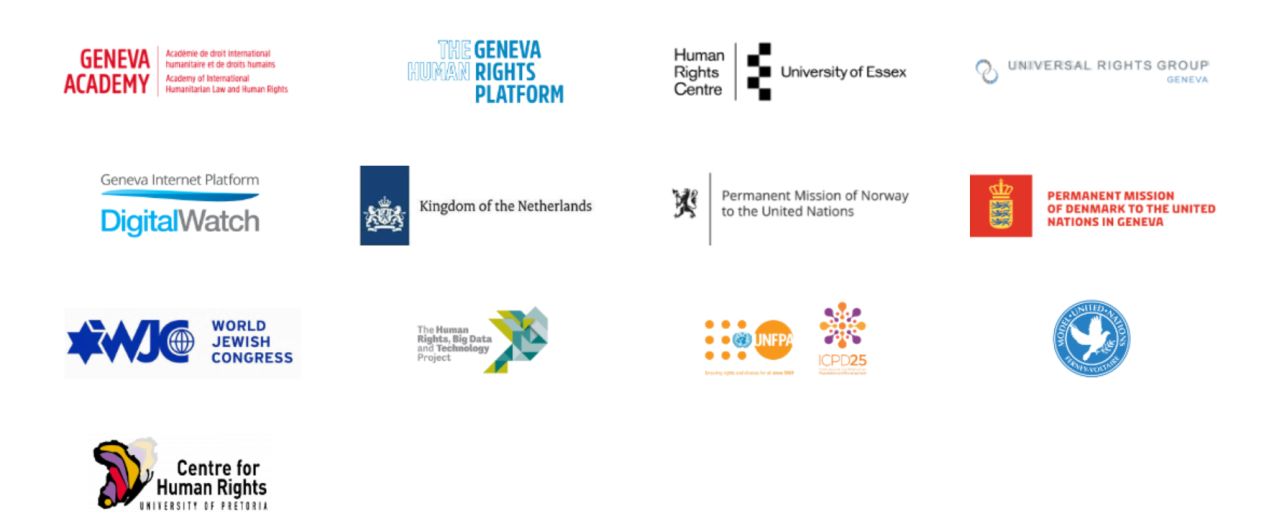Human Rights and the Precarious Condition of Electoral Democracy
Right On


Diplo Foundation
It is widely assumed that human rights and electoral democracy are mutually supportive and inextricably connected. There can be little doubt that the regular holding of free and fair democratic elections is essential for citizens’ enjoyment of human rights. However, we are presently confronted by a range of different challenges to the democratic process within both long-established and transitional electorally democratic countries.
With less than a week remaining to what is likely to be the most contested and fraught US presidential election in decades, this webinar assembles a panel of globally renowned experts to consider the precarious condition of electoral democracies in these challenging times.
Moderator
- Andrew Fagan, Director, Human Rights Centre at the University of Essex.
Panelists
- Kathleen Cavanaugh, Executive Director, Pozen Family Center for Human Rights, University of Chicago and Senior Lecturer in the College
- Kayleigh Long, Researcher, Amnesty International
- Peter Wolf, International IDEA’s Electoral Processes Team
‘Right On’: The Wednesday Web Chat
‘Right On’ is a new digital initiative – co-organized by the Geneva Academy, the Geneva Human Rights Platform, the Geneva Internet Platform, the DiploFoundation, the Universal Right Group, the Human Rights Centre at the University of Essex, as well as the Permanent Missions of Denmark, Norway and the Netherlands to the United Nations in Geneva – that will keep the human rights dialogue going during these COVID-19 times.
Video
RightOn: Human rights and the precarious condition of electoral democracy
Panelists the precarious condition of electoral democracies in these challenging times.









